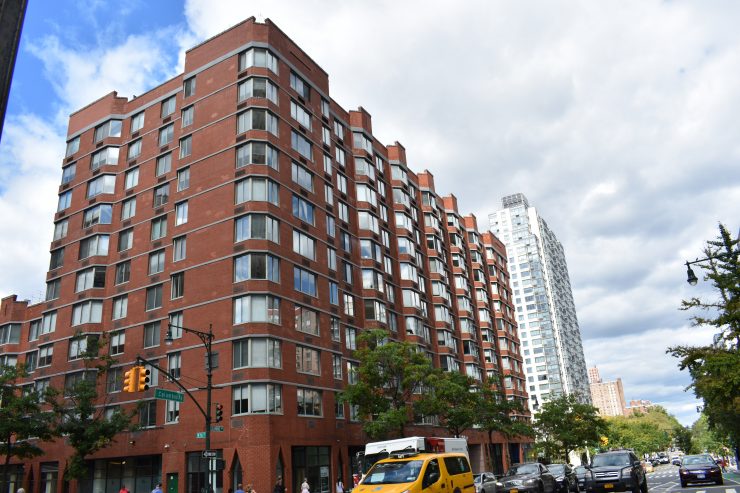Home inspections are generally loathed by home sellers. It’s the chance for a buyer to put a magnifying glass up to their prospective purchase and find out exactly what’s wrong with it. In most cases, even if the owner prides themselves on keeping an immaculate dwelling, an inspector is likely to find things wrong. Often, buyers will use these inspections to create some negotiating room with the price. Here’s what you need to know about home inspections.
How do I find a good home inspector?
There are a myriad of ways. Going online and reading reviews and seeing qualifications is one. Referrals are another, either from friends or a broker. Beware of broker referrals, though. A broker has a vested interest in a sale going through, so it’s probably good to get impartial recommendation. Be sure to interview a few inspectors to make sure they are familiar with the type of property you are buying and have experience before settling on one.
My lender has said they will order an appraisal. Do I still need to get a home inspection done?
Yes. An appraisal and an inspection are quite different. An appraisal confirms the monetary value of the property while an inspection evaluates the physical condition of the property without any regard for its financial worth.
What should an inspector look for?
- Basement
- Foundation
- Attic
- Roof
- Windows and doors
- Walls, ceiling and flooring
- Plumbing system
- Electric system
- Heating and Cooling
- Chimney venting and radon detection equipment where applicable
Things a home inspection might miss
A inspector cannot see behind the walls and is not allowed to alter the property physically without a home owner’s consent, which they are unlikely to receive. Thus, there are certain things an inspector might miss. These could include anything hidden such as:
- Mold
- Termites
- Leaking pipes
- Faulty electric wiring
- Pests
- Asbestos
Should the buyer be present during a home inspection?
Yes. It’s a good idea to be there as the inspector is going through the house so they can explain in real time what they are seeing and you in turn, can ask questions and seek clarification. It will be far easier to understand the written report once you have been through the inspection with them. Just make sure not to get in the inspector’s way or touch the home.
How long will an inspection take?
That all depends on the type of property you are buying. In a brand new 1 bedroom condo, the inspection may be finished in 45 minutes, even less if the inspector has been through other units in the development. In a 100 year old 4 story brownstone, you might be there for the best part of 4 hours!
Should a home inspection report influence my decision to purchase a house?
It could do. It depends on what the inspector finds. If there are major structural issues that would be costly to fix, then yes, you may want to look elsewhere. However, it is worth bearing in mind that an inspector is there to find things that are wrong with the property, no matter how small. They may find up to a hundred things wrong. Don’t get emotional about it if they won’t cost much to fix (cover plates missing on light switches, moldings not painted, a loose door handle etc). It’s important to look at the report holistically, in tandem with the price you are paying for the house. If the sales price tallies with the report’s findings then there is no need to back out. If the findings warrant a price renegotiation, there is still a good chance that the sale can proceed.
A home inspector is there only to provide a physical snapshot of the property on the day they inspected it. They should not try to tell you whether to buy a home or not or whether the home will make a good investment.



